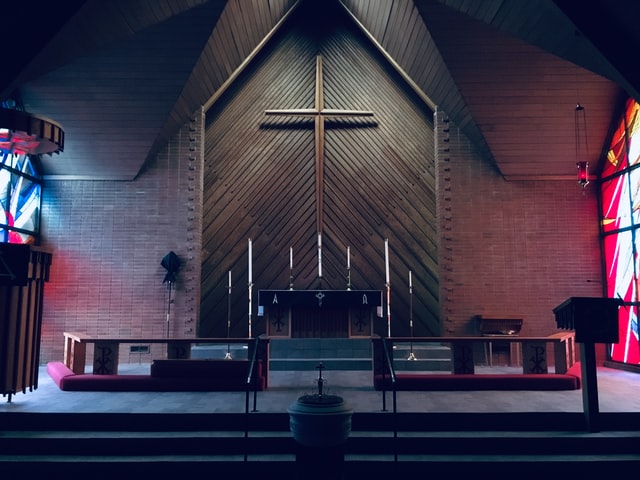Succession can be a difficult process under any circumstances, but sudden and unexpected succession can be much more challenging to navigate. Surprise successions that occur due to scandal, crisis, or death add an environment of grieving and tension to an already heavy decision. These surprise successions can be detrimental to the church; fortunately, they don’t have to be. While the only way to truly avoid a surprise succession is to have an adequate plan in place from the beginning, there are ways to overcome surprise successions if you’ve found yourself in this situation. Here are some key lessons learned from pastors who have faced succession due to unforeseen circumstances and scandal.
- Recovering From Surprise Succession Can Take Months or Years – Prepare for the Process to be Slow. Recovering from surprise succession does not happen overnight. Surprise succession does not just have an impact on who is in the head pastor position, but rather it impacts members, staff, finances, and much more. Recognize that your church will need time to heal, even as you act quickly to respond to the situation. This is also true for your personal healing. Be patient as you navigate the impacts that follow.
- Make Plans for Surprise Succession Before You Need Them. Plan now for surprise succession. Have a backup plan in case the situation you are in now changes quickly. Having a succession plan now before your church faces a crisis is the only sure way to allow you to recover from that crisis if it were to hit. You cannot always anticipate what is going to happen at your church, but do your best to set up systems for unexpected succession.
- Move Forward From Surprise Succession as Quickly as Possible. Recovering from surprise succession takes time, but be sure that you are implementing your new plan as quickly as you possibly can. This does not mean rush the process, but rather make sure your church is doing everything in its power to recover from the losses it’s facing. Do not rush into choosing your next pastor quickly simply so you can grow again, but do think of ways to communicate with members to keep them engaged and help them through this difficult transition.
- Always Keep an Eye on Your Leader and Congregation to Ensure that Small Theological or Philosophical Changes do not Turn into a Surprise Succession. Theological or Philosophical shifts can lead to surprise succession. Very rarely do these shifts occur all at once. Typically these small changes occur over time. Be careful to listen to the words of your leadership team and congregation to ensure that you are aware when these shifts in thinking are taking place.
While it may be challenging to bring up the shifts that you see in your church culture, they are worth discussing early on to ensure everyone is aware of how these changes could impact your culture moving forward. Decide early if these changes are good or need to be addressed.
- Use Social Media Wisely. While social media is a useful and important platform for individuals and organizations to use, you should be careful about what you’re posting because your past can come back to haunt you. A video taken out of context or a post from years ago can lead to surprise succession. It is important to be mindful of what you and your church are putting out for the world to see. Think long-term in your posting and ask yourself, “How will this statement sound 10 years from now? Will it mean the same thing then that it means now?” It is hard to know how a post will be understood by others, so ask for feedback before posting.
It’s helpful to have a Communications Director or a similar role on your staff to help manage your communication with your community. Individuals in these roles are naturally aware of how to maintain your values and communicate sensitive messages on the most appropriate channels and platforms. Communications teams are especially helpful in crisis and should be at every important leadership meeting during these times.
No church is immune to surprise succession. While a surprise succession may never be the reality for your church, it is best to take the time now to prepare for the unexpected. Having a plan in place before your church needs a plan can help make the transition as smooth as possible and start your church on the path to recovery if you’re faced with challenges. To learn more about Succession and how to best prepare for the unexpected, check out the expanded and updated version of Next: Pastoral Succession that Works. With so many unforeseen departures in leadership and uncertainty looking forward, succession is no longer a retirement conversation, but a readiness conversation.







